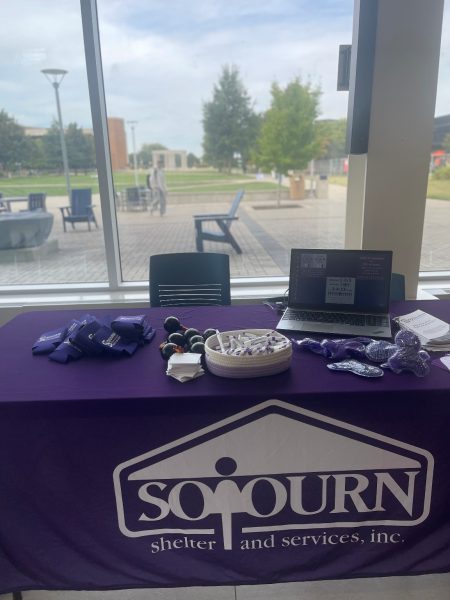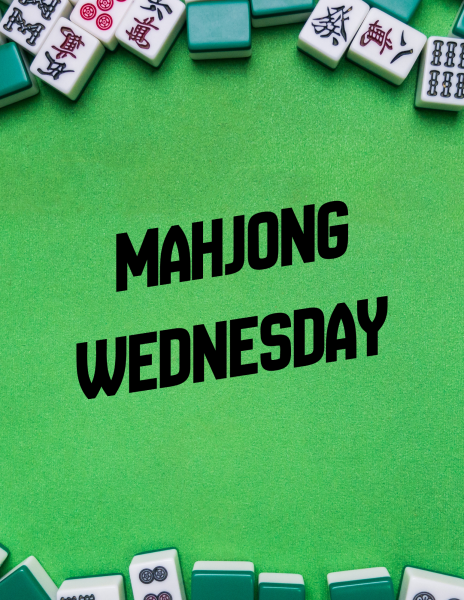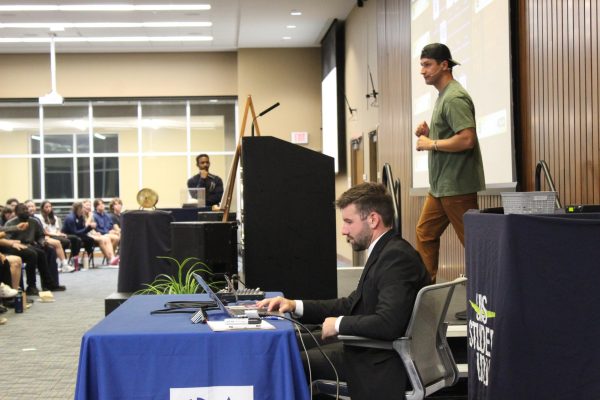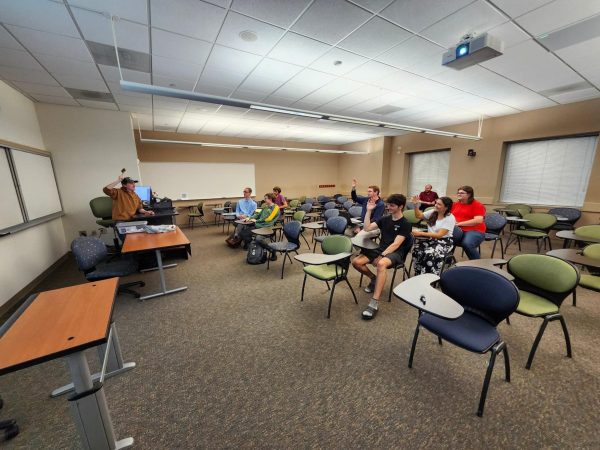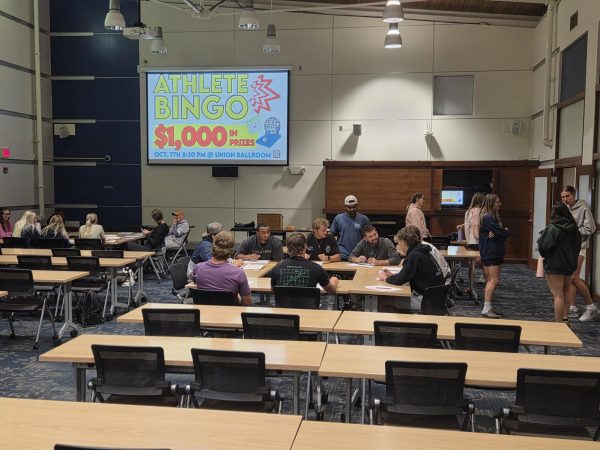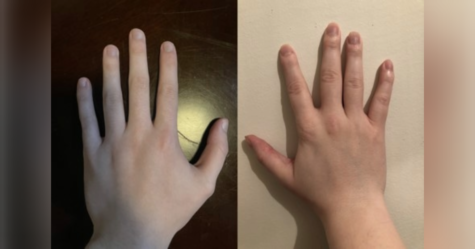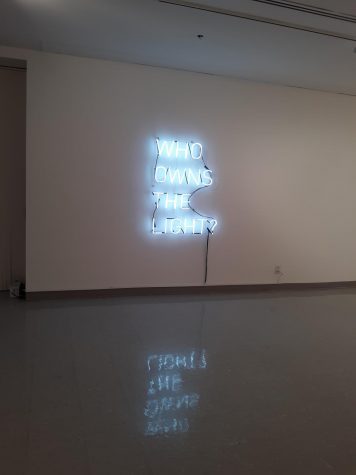Queer Poets of Color: Undocupoets and Migrant Literary Activism
Christopher Soto will be coming to UIS as part of the ECCE: Speaker Series and the annual Day of Silence. He will hold a presentation in Brookens Auditorium at 4 p.m. on April 11.
Soto is an award-winning poet and activist from Los Angeles currently living in Brooklyn, New York. He wrote the book Sad Girl Poems, which dealt with his experiences with suicide, domestic violence and queer youth homelessness. He served as editor for Nepantla: An Anthology Dedicated to Queer Poets of Color, which included works by James Baldwin, June Jordan, Myriam Gurba and others. He cofounded the Undocupoets Campaign with Javier Zamora and Marcelo Hernandez Castillo to help open the first book prizes to undocumented poets, and he was invited to teach the “Poetry and Protest Movements” writing workshop at Columbia University.
When asked why students should attend the presentation, Soto said that, “If they are interested in poetry, activism, community-building then they should come.” He hopes that those who attend the event will walk away with a greater knowledge about literary activism and poets who have “engaged in various struggles for racial and gender equity,” as well as “the lineages of literary activism that proceeded us.” He hopes that people will leave the event feeling better equipped to carry out activism in their own communities.
On the importance of giving a voice to people of color, those identifying as LGBTQIA+ and immigrants, Soto said that immigrants, communities of color and LGBTQIA+ people are facing attacks from the current administration in various forms: deportation, the rise of white nationalism and the challenging and repealing of protective legislations. Because of this, “it’s important for us to fight back, yell back.”
In a similar sentiment, Kerry Poynter, director of Gender and Sexuality Student Services, said that “Immigrant voices are often lost in the media coverage and conversations that we have in our country and communities. We should understand these human stories if we are to make educated decisions about policy, practice, and acceptance.”When asked the one thing that needed to be communicated in this article, Soto said this:“I have spent much of my life writing my story as a survivor of domestic violence who is resisting the police as an answer to situations of violence. I am working to help others tell their stories, via Undocupoets and Nepantla, so that we all might collectively work towards various liberations.”

